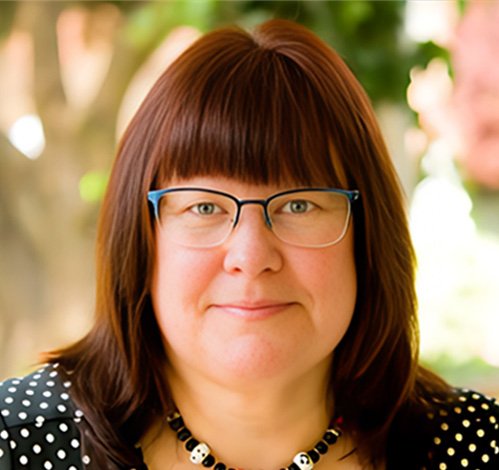|
|
Last Modified on Nov 29, 2017
If you were to just look at the numbers, you may say that there is definitely a bias toward the mother. After all, 75% of the time, the kids end up living with Mom. That number can be misleading since there is another number that you should know when it comes to deciding where the kids primarily live: 91%. In 91% of cases, the decision to have the kids live with Mom is decided outside of the court, either through mutual agreement, mediation, or another alternative dispute resolution method such as Parenting Coordination. In most cases where there is a bias accusation, these numbers are not taken into account.
In California, Family Code 3040 is very clear as to the order of preference when it comes to custody and at the top of the list is “To both parents jointly pursuant to Chapter 4 (commencing with Section 3080) or to either parent.”
In deciding about either parent, the code also clearly states that in deciding on which parent should have custody, the court and law look to “which parent is more likely to allow the child frequent and continuing contact with the noncustodial parent.”
The guiding principle when deciding who the children should be living with is based on the best interests of the child and from the wording of 3040, it is clear that California believes that a child is better off with consistent and continuing contact with both parents.
There are many other things a judge will take into account including:
- The child’s health, safety, and welfare
- Any history of violence or substance abuse
- The nature and amount of contact with both parents
- Continuity and stability with regards to home and school life,
- The ability of each parent to care for the child
- The age and developmental level of the child
- The child’s emotional ties to the parent
- The child’s preference, depending on the child’s age and capacity to reason
When it comes to a father seeking custody, there are several things that need to be taken into account, with the biggest thing being time. Historically, in most families, the father works long hours and earns more of the family income. Unfortunately, this usually means the father has less quality and bonding time with the children. Seeking custody, especially full custody would require much more of a time commitment and either parent would have to make some big decisions about their priorities. As every case is different with its own set of circumstances, you should never start with any assumptions. Call Tracy to discuss your specific case.





